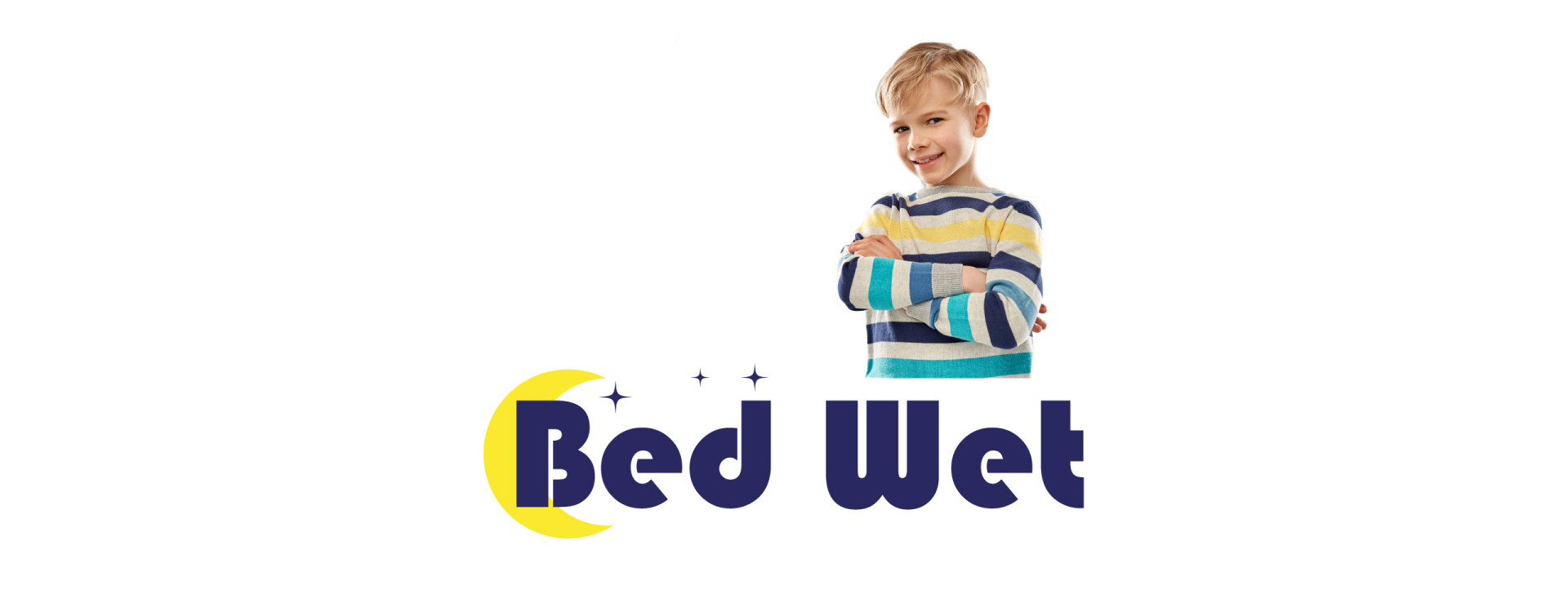It often takes several years to diagnose a disability, after years of wandering around and consulting various specialists. Let's take a look at the different places and professionals involved in diagnosing a disability.When you have the impression that your loved one is experiencing difficulties in daily life, you will first seek the opinion of their GP, who will confirm or deny your impression. If necessary, he or she can refer you to other disability organisations or professionals to help you better understand the difficulties your loved one is experiencing. You can also go directly to specialist diagnostic services.
Diagnosis is most often made during childhood, when the parents or other family members have questions about the child's development. But it can also occur in adulthood in certain situations where the person presents complex disorders, or where no professional has made a diagnosis of the difficulties previously encountered by the person, or where a life accident or illness causes the person's state of health to deteriorate suddenly.
If you have any doubts about your loved one's state of health, or if you have the impression that their abilities are deteriorating if they are an adult, or that they are not progressing if they are a child, the first point of contact should be your loved one's usual doctor.
If they are a child, other people who know them may also have questions about their development: the PMI nurse, the nursery nurse, the teacher, the school doctor, etc. They may advise you to go and see a doctor to ask all the questions and begin to understand what is happening.
In all cases, it is the general practitioner who knows your loved one who will give you advice or prescriptions for further check-ups and implement the various treatments required in hospital, in town or at home. This general practitioner will listen to you and refer you to other more specialised professionals, depending on the difficulties you describe to him or that he observes. You can meet these specialised professionals either at a diagnostic centre or in their own practice, if they are self-employed.
Specialist doctors for diagnosing your relative
There are many specialist doctors with specific training in a particular area, for example:
Paediatricians
This is a general practitioner who specialises in children.
Neurologist
Specialises in the functioning of the brain. They can be seen in cases of cognitive disorders such as major learning difficulties or mental retardation, and nervous system diseases such as epilepsy or neurodegenerative diseases.
The neuropaediatrician
A neuropaediatrician specialises in how the brain works in children. A neuropaediatrician is consulted in the event of motor problems such as delayed walking, difficulties with body or eye movements, learning difficulties (reading, writing, drawing, etc.), behavioural problems (concentrating, staying in place, behaving properly, etc.) or brain disorders such as epilepsy.
The rehabilitation doctor
This is a sort of "disability doctor". He works with a team (other doctors, physiotherapists, occupational therapists, psychomotor therapists, speech therapists, psychologists, etc.). Their speciality is to rehabilitate as far as possible the motor disorders and dysfunctions caused by an illness or disability. They are also known as PRM for "Physical and Rehabilitation Medicine".
Psychiatrists
Psychiatrists specialise in mental disorders and illnesses. They can be seen in cases of mental or psychological difficulties (unhappiness, behavioural problems, etc.) as well as developmental problems (learning difficulties, autism, etc.).
Other doctors may also be required, depending on your loved one's difficulties or disability (cardiologist for the heart, phoniatrist for the voice, ENT specialist for hearing and speech, etc.).
Other diagnostic professionals
The psychologist
Through an interview and tests, the psychologist assesses your loved one's level of psychological development: what are their strengths and difficulties in a number of areas such as intellectual development, relationships, emotional maturity and behaviour.
The neuropsychologist
This is a psychologist specially trained to assess cognitive functions, such as memory, attention (the ability to concentrate), executive functions (the ability to organise one's thoughts), etc. Once the diagnosis has been made, if there are problems with certain cognitive functions, the neuropsychologist will suggest remedial measures, i.e. consultation and work sessions with your relative to improve these cognitive functions.
The speech therapist
The speech therapist assesses the person's level of oral and written language by means of an assessment (tests), and then offers re-education, i.e. work sessions to improve oral or written language.
The psychomotrician
The psychomotor therapist assesses your relative's psychomotor skills and difficulties in everyday life: the way he or she moves, holds and moves objects, holds himself or herself, speaks, behaves in unusual ways, etc. The psychomotor therapist helps with rehabilitation by suggesting exercises.
Occupational therapists
The occupational therapist mainly assesses arm motor skills and visual-spatial functions (i.e. the ability to coordinate movements based on what you see). If your loved one is having difficulty, the therapist can suggest adaptations, such as organisational aids, special appliances or equipment, etc.
The physiotherapist
The physiotherapist assesses and rehabilitates motor, walking, balance and posture disorders.
Orthoptists
Orthoptists work with an ophthalmologist. They examine vision, visual acuity (does your loved one see well, see accurately, etc.) and ocular motor skills (do their eyes move correctly). He or she will suggest rehabilitation sessions if your loved one has problems with vision or eye movement and this is having an impact on his or her daily life.
The different diagnosis points
Your GP will refer you to these professionals, either in private practice or in hospital, to carry out check-ups and refine your relative's diagnosis. It is also possible to go to a diagnostic centre, with or without a prescription depending on the type of centre, despite the sometimes long waiting times. These centres are mainly specialised in children's diagnosis, but some also diagnose adults.
Centres d'Action Médico-Social-Précoce (CAMSP)
These centres cater for children with special needs aged 0 to 6. The mission of a CAMSP is to understand the causes of the child's difficulties, so as to help him or her make progress in everyday life. They can act as a link with the child's GP and other professionals working with your child. It is possible to go to a CAMSP without a prescription, although waiting times can be long.
The Centres Médico-Psycho-Pédagogiques (CMPP)
These centres are open to children aged 0 to 20, so that they can be diagnosed in greater depth and helped to progress. You do not need a diagnosis to go there. Private practice professionals
The CAMSP or CMPP may be overwhelmed and the appointments offered may be too far away. In this case, you can also contact a private practitioner. Furthermore, having access to a CAMSP or CMPP does not prevent you from using private practitioners to complete your child's care.
Medical and psychological centres (CMP)
These are free clinics for anyone suffering from psychological problems, and are open to children, adults and the elderly.
Coordination and guidance platforms for neurodevelopmental disorders (PCO-TND)
These are new reception and diagnostic centres. For children with neurodevelopmental disorders (i.e. disorders that affect their development, such as autism, intellectual retardation or learning disabilities), you may be referred to one of these PCO-TNDs. When organising your child's diagnostic pathway, your GP may contact a PCO-TND. This structure is mainly aimed at children aged 0 to 6. It will support you by directing you to the most appropriate professionals to meet your child's needs. They will also be able to arrange appointments for you, and will work alongside you to ensure that your child's diagnosis progresses smoothly.
Resource centres, diagnostic centres or centres of reference
These are mainly responsible for diagnosing complex disorders. At these centres, you can go further in diagnosing your child's disorder and access the care he or she needs. Resource centres also offer a wide range of documentation on different disabilities for people who need information, whatever their age.









Latest comments